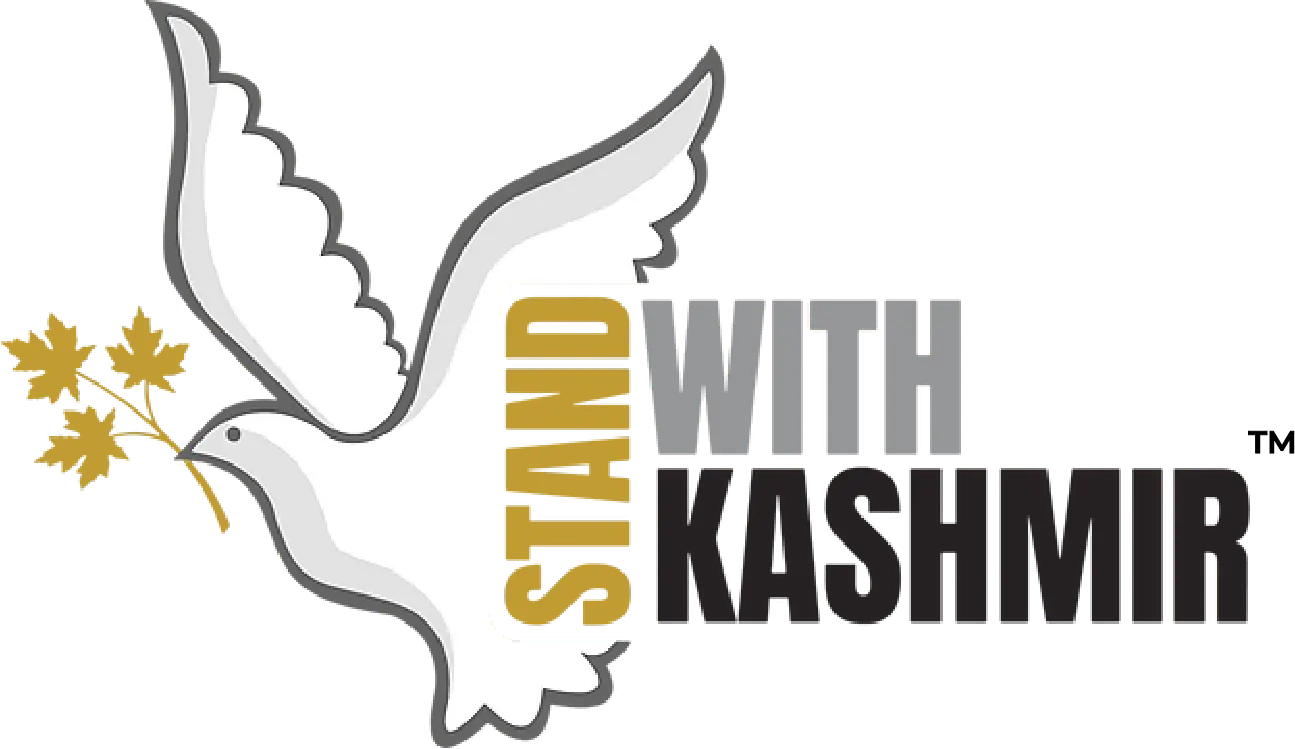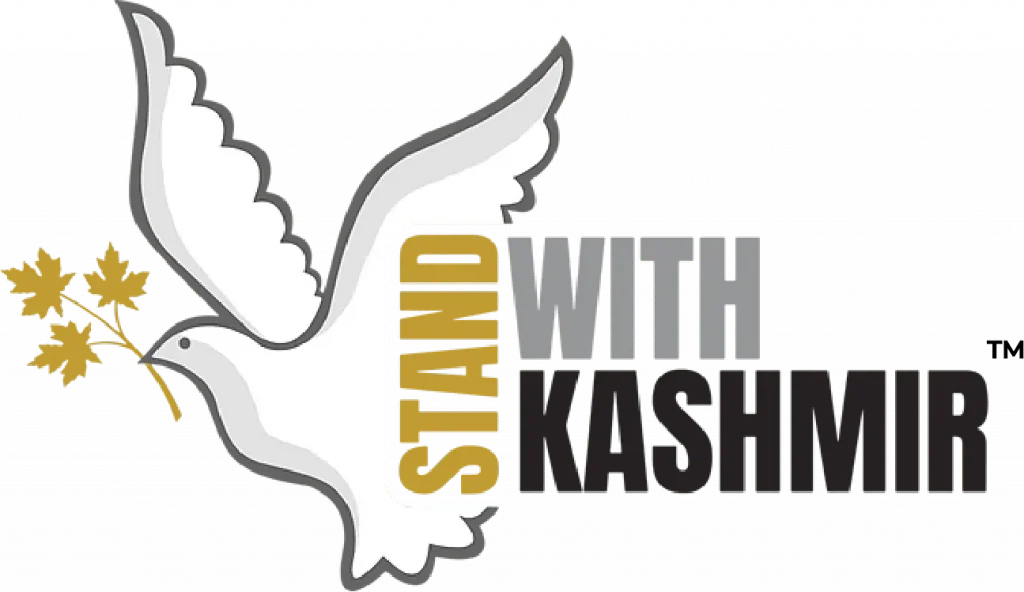A procession of over 1500 protesters marched towards the United Nations office in Srinagar calling for implementing a United Nations resolution regarding a plebiscite in Kashmir. A convoy of Indian army vehicles turned at the protestors when they realized the road ahead was blocked by the protestors, killing over 30 Kashmiris and injuring scores. A few hours later, another 21 Kashmiris were killed when Indian armed forces fired at a bus near Tangpora.
The following day, Amnesty International issued an appeal for urgent action on Tengpora and Zakoora massacres.

